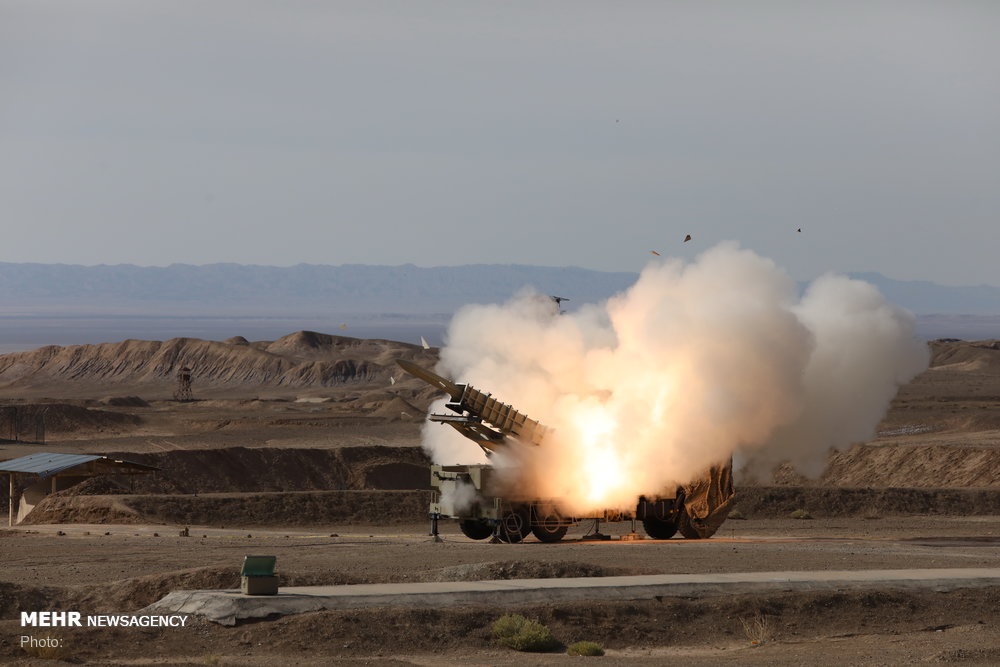
Similar Posts
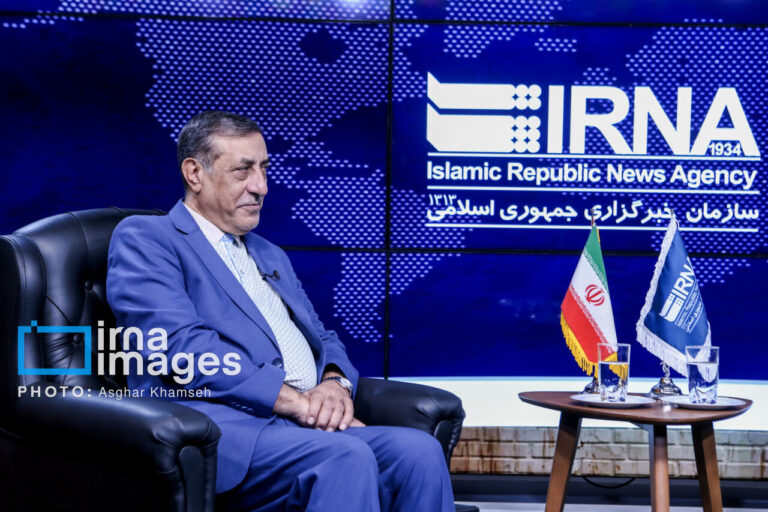
Iran’s Government Pushes for Ratification of FATF Bills: What It Means for Global Finance
Iran’s administration is pushing for the ratification of Financial Action Task Force (FATF) bills to enhance its international financial standing. Vice President Mohammad-Jafar Ghaempanah noted that the bills have been approved by lawmakers, though some parliament members have raised concerns. The Expediency Council will ultimately decide their fate, with President Masoud Pezeshkian confirming that the council will review the bills to help lift banking restrictions. The FATF, established in 1989, aims to combat financial crimes and promote global standards, and Iran’s compliance could significantly impact its economic landscape amid ongoing sanctions.
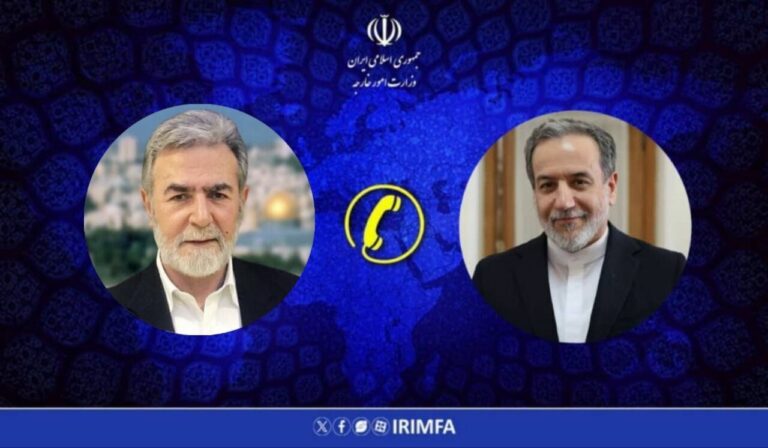
Iran Pledges Ongoing Support for Palestinian Cause, Says Foreign Minister
Iran’s Foreign Minister Abbas Araghchi reaffirmed the country’s strong support for the Palestinian cause during a call with Ziyad al-Nakhalah, leader of the Palestinian Islamic Jihad Movement. Araghchi emphasized that the recent Gaza ceasefire, resulting from 15 months of Israeli aggression, reflects the resilience of the Palestinian people. Al-Nakhalah acknowledged this steadfastness as crucial for achieving the ceasefire, expressing gratitude for Iran’s unwavering assistance. The ceasefire, announced on Wednesday, aims to end a brutal conflict that caused nearly 46,800 deaths and over 110,450 injuries, set to take effect on Sunday, offering hope for peace in the region.
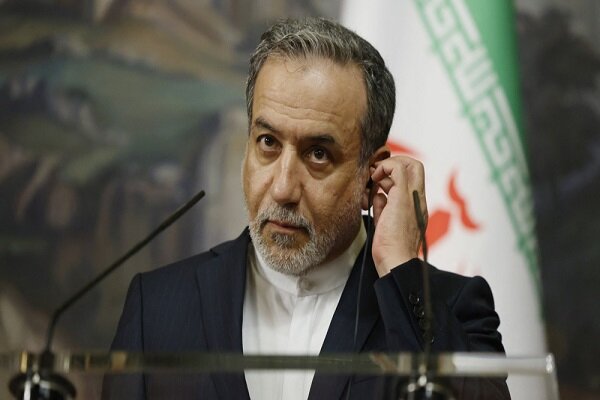
Essential Nuclear Infrastructure and Enrichment: A Non-Negotiable Commitment
During a meeting with the Pugwash International Conference delegation, Iranian Foreign Minister Seyyed Abbas Araghchi emphasized Iran’s legal rights under the Non-Proliferation Treaty (NPT) and its commitment to a peaceful nuclear program. He highlighted ongoing indirect talks with the U.S., asserting that Iran will not compromise on its rights to peaceful nuclear energy, including enrichment. Araghchi acknowledged the sacrifices made by Iranians in advancing nuclear technology despite sanctions and loss of life. He criticized U.S. officials for contradictory statements that complicate negotiations, reaffirming Iran’s readiness for dialogue while upholding its principled positions and aspirations for peaceful nuclear development.
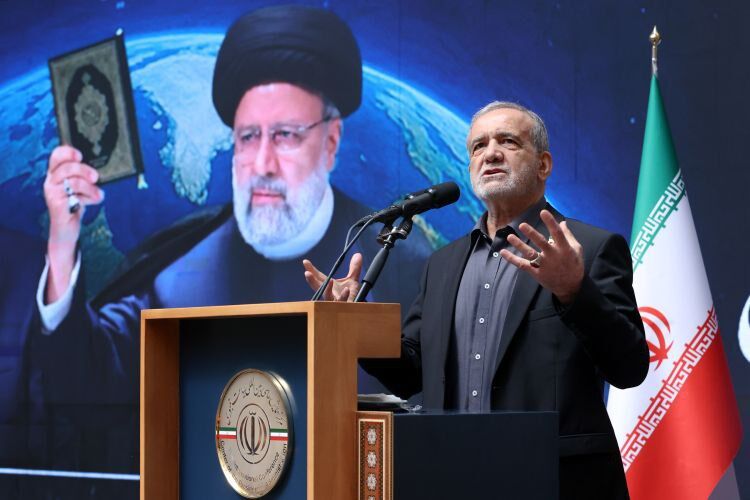
President Pezeshkian Calls on Muslims to Stand Against Oppression and Injustice
President Masoud Pezeshkian criticized those who remain silent about Israeli crimes against Palestinians, especially in Gaza, during a recent address. He called for Muslim nations to unite against oppression and protect the defenseless, condemning the indiscriminate killings of Palestinian women and children. Pezeshkian urged Muslims to reflect on their commitment to Islam and humanity if they stay silent. His remarks were part of an international conference honoring the late President Ebrahim Raisi and emphasizing governance based on rights and justice. He also dismissed allegations from U.S. President Donald Trump, asserting that Iranian officials focus on serving the nation.
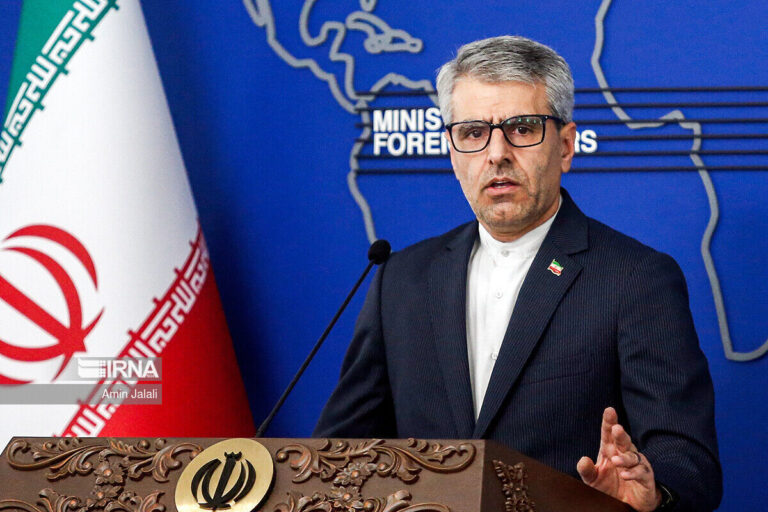
Iran Condemns U.S. ‘Humiliating’ Treatment of Migrants as ‘Unacceptable’
The U.S. administration’s treatment of Iranian migrants has faced backlash, with Iran’s Ministry of Foreign Affairs condemning the actions as humiliating and unjustifiable. Spokesperson Esmail Baghaei stated that the ministry is dedicated to advocating for the rights of expelled citizens, issuing directives to assist them through Iran’s diplomatic missions. He emphasized the right to return, assuring that all Iranians are welcome back home. The criticism arose amid intensified deportations under President Trump’s immigration policies, including a recent incident where 119 immigrants from various Asian countries were deported to Panama, often treated as criminals during the process.
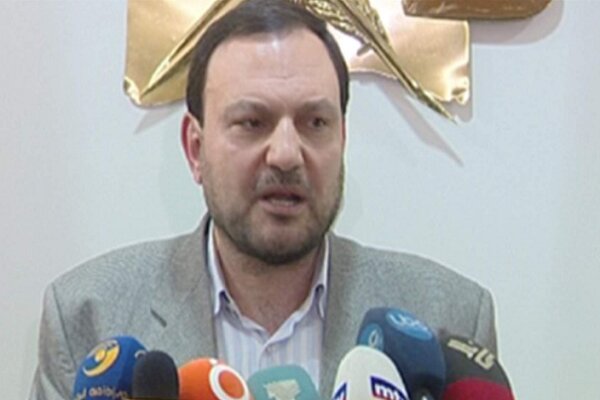
Strengthening Lebanon-Iran Ties: A Key to Regional Stability and Prosperity
Lebanon’s government faces backlash after temporarily banning Iranian planes from Beirut-Rafic Hariri International Airport, leading to protests that blocked access to the airport. Ghaleb Abu Zeinab from Hezbollah criticized the government’s decision, urging for stronger ties with Iran while resisting U.S. pressures. Following the ban, Lebanon attempted to repatriate citizens stranded in Iran, but complications arose as Iran refused Lebanese aircraft landing. The situation is further complicated by Israeli threats against Iranian flights, raising concerns over Lebanon’s sovereignty and diplomatic relations. The protests reflect public sentiment on the government’s handling of international relations amid escalating tensions.